
The University of Massachusetts Board of Trustees voted to raise tuition and fees across the state-wide system by an average of 5.8 percent at a meeting held in Worcester earlier today.
The Board voted 11-2 in favor of the hikes with UMass Lowell Student Trustee Malinda Reed and Massachusetts Education Secretary James Peyser voting against them, according to a press release sent by the UMass system.
Tuition at UMass Amherst specifically will cost $14,590 for the next year, $800 more than the previous year’s costs. Tuition across the system will average $13,862 for in-state undergraduate students, an increase of $756.
“I believe that in following this course, we will be preserving the quality that the citizens of the Commonwealth need and expect,” said UMass system President Marty Meehan in the press release. “We will do everything we can to protect students and families with need via financial aid.”
The press release described a shortfall in the UMass budget of $85 million, $23 million of which he said would be covered by the tuition increase. He said the remainder will be covered by spending reductions and efficiencies.
The spending reductions and efficiencies were described as “staff reductions, hiring freezes and administrative restructuring” in the press release.
UMass Amherst Student Trustee Josh Odam described the tuition increases as a consequence of decreased funding to public education.
“This is the next step taken when funding is taken from the state and federal levels,” said Odam. “Students subsidize those costs.”
Odam, a rising senior studying political science and legal studies, described the divestment of federal and state funding from higher education as an endemic problem throughout the United States.
While Odam said he has been able to prevent the deferment of his senior year through a combination of scholarships, loans and his family’s support for tuition payment, many other UMass students will not be able to sustain these increases in costs.
Odam, who was unable to attend today’s Board of Trustees meeting, described low income students, students of color and first generation students as disproportionately impacted by these hikes.
“Students will have to leave either permanently or temporarily,” he said. “This is shameful that it has come to this.”
UMass system spokesperson Robert Connolly said in an email before the vote that the Massachusetts fiscal picture had “declined considerably over the past month.”
“The goal now will be to find ways to adjust to the level of state funding we are receiving and see what our budgetary options are prior to acting on tuition,” Connolly said.
Erika Civitarese, the campaign and advocacy coordinator at the Center for Education Policy and Advocacy at UMass, mentioned before the vote that a raise in tuition and fees this year would mark two years of increased expenses for students.
Civitarese, a communications major and a rising senior, said that the affordability of UMass is one of the main struggles faced by students attending, and that these tuition increases made it incredibly difficult for some students to graduate on time.
“It’s going to make UMass extremely inaccessible and difficult to attend,” she said. “I’m going to have to work an extra ten hours to pay off the already $43,000 in loans that I have.”
Civitarese referred to descriptions of the UMass system and UMass Amherst specifically as affordable options for college students, saying that the view of UMass as a more accessible option for higher education is becoming increasingly inaccurate as the cost of attending the school rises.
“If they continue to raise tuition five to eight percent for the next ten years, it’s going to be so expensive it’s essentially going to be a private university,” she said.
Civitarese said that in order to prevent further increases in tuition, it would be necessary for students and CEPA specifically to call legislators asking for increased state funding and to engage students as to how these hikes will affect them.
Odam mentioned how he is working with the United States Student Association, a national group focused on pursuing student interests and organizing grassroots movements to benefit them.
By the end of the summer, Odam said he hopes to propose a similar system for college students in Massachusetts to organize in and represent their interests on these and similar issues.
“I personally feel this is where a state-wide student union is a necessity,” he said. “There needs to be a structure which is student-led which can intervene on behalf of students.”
Stuart Foster can be reached at [email protected] or followed on Twitter @Stuart_C_Foster.










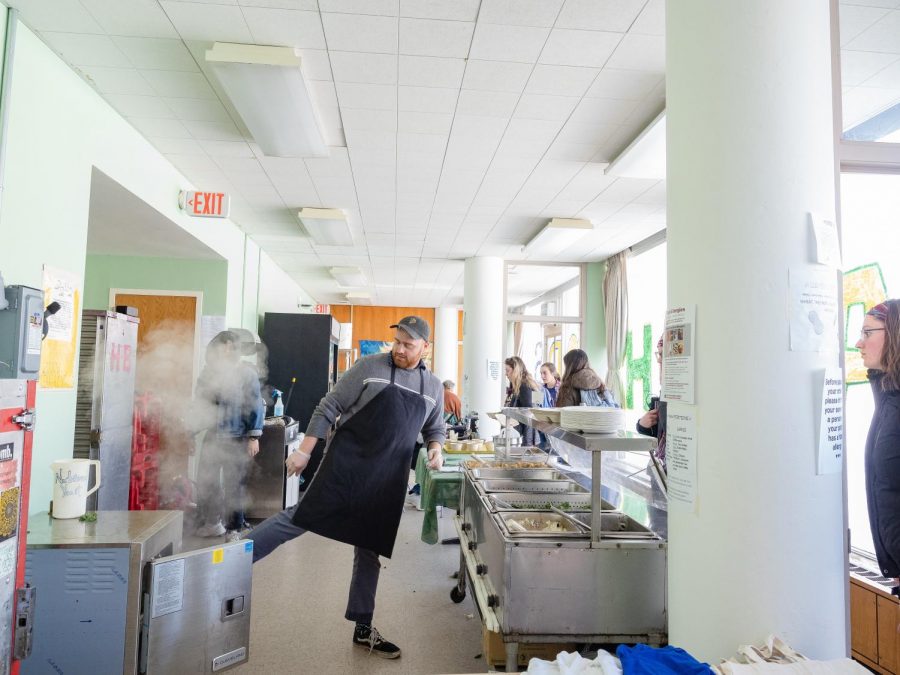



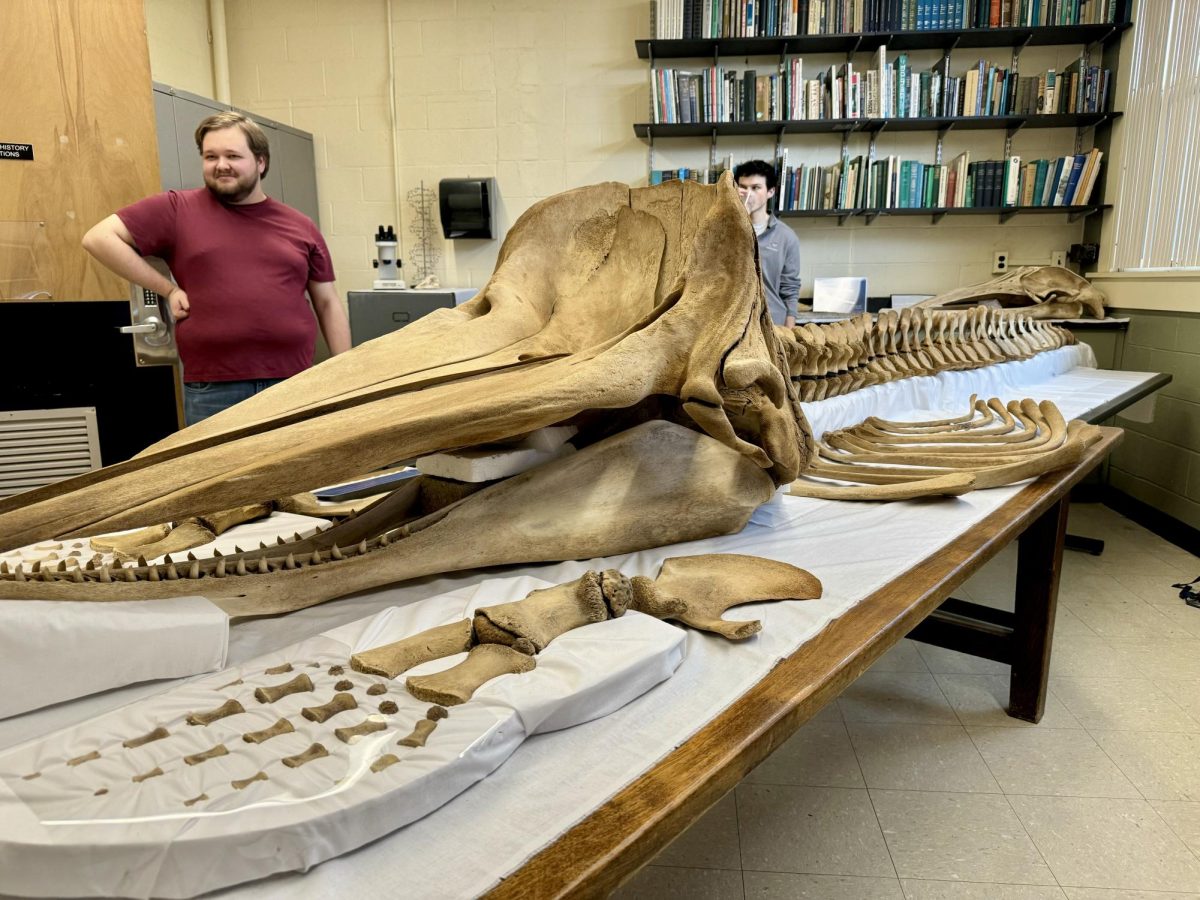
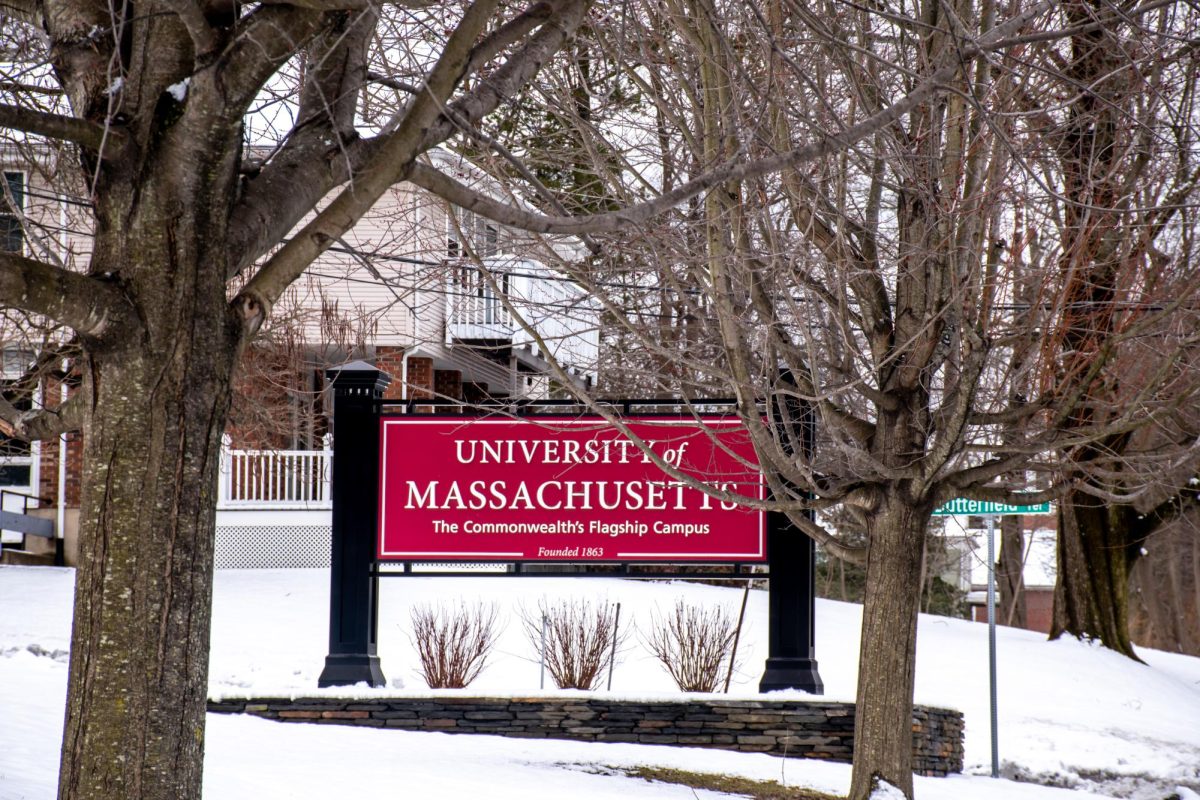
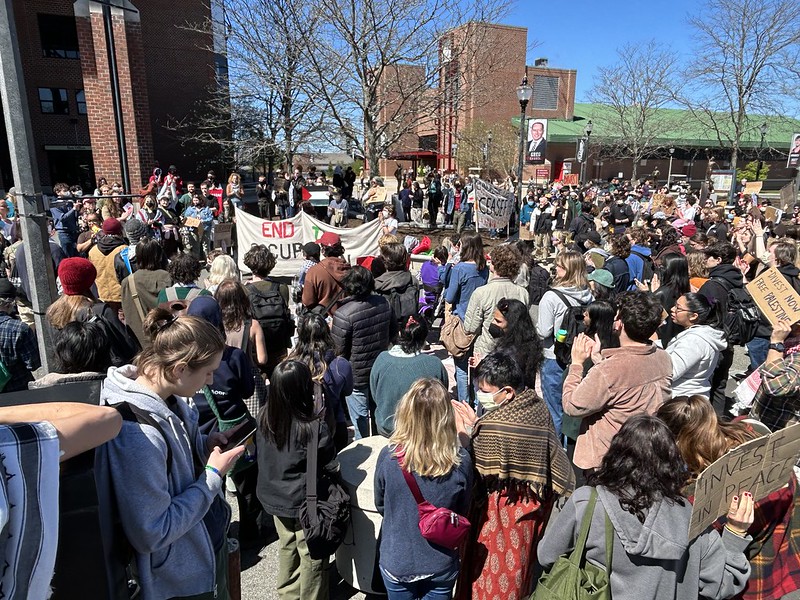
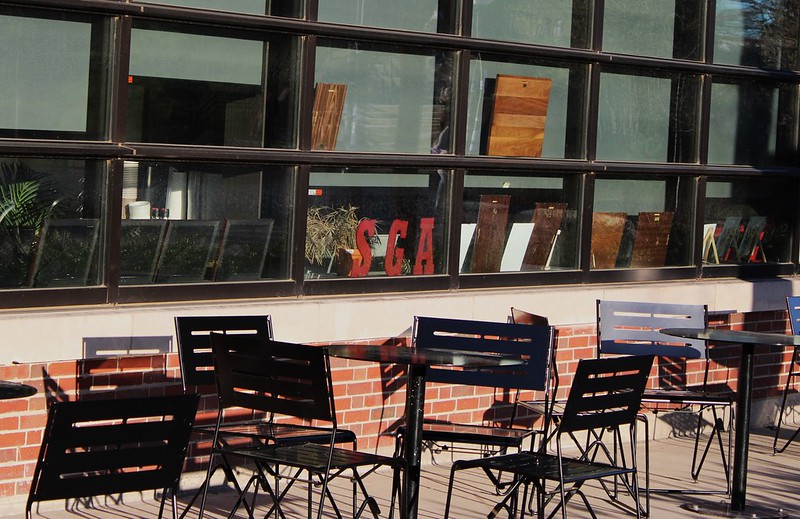
Recent Grad • Jul 15, 2016 at 11:40 pm
Which student trustee has voting power and voted to increase fees. Lowell and which other school have voting power?